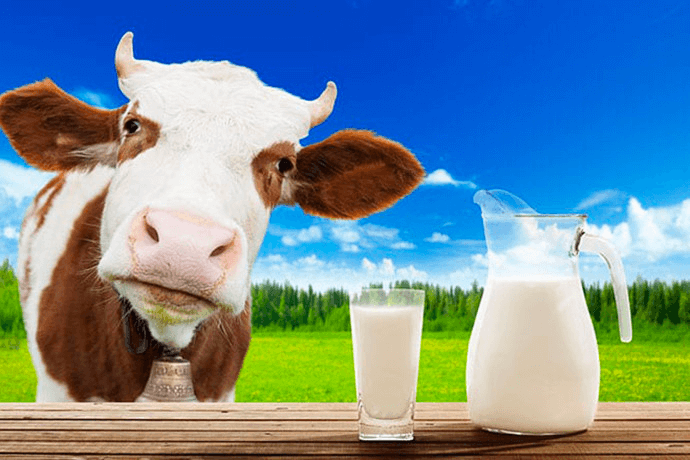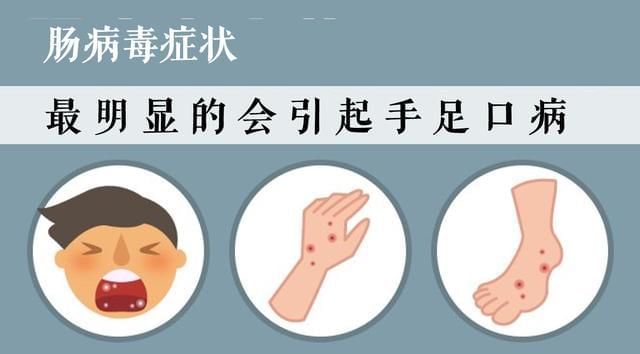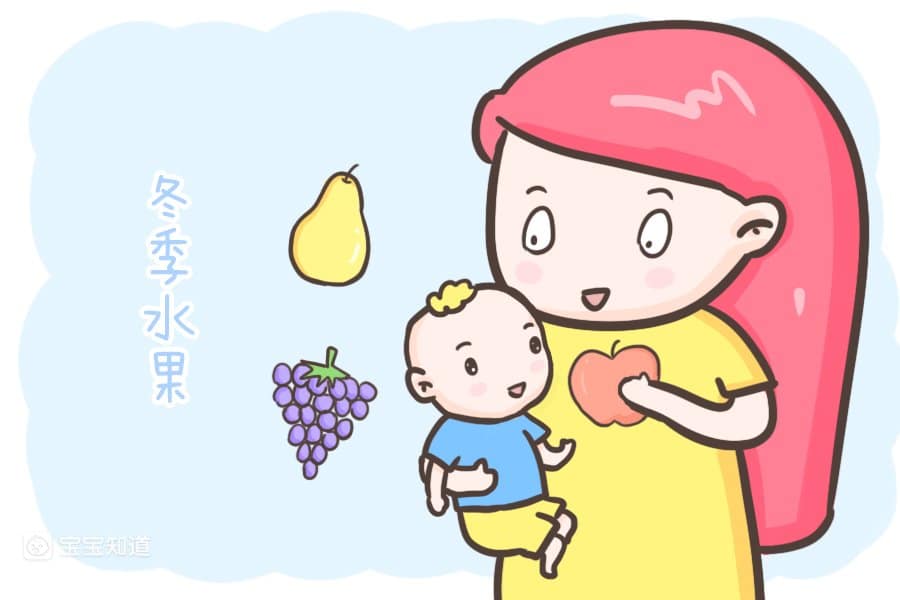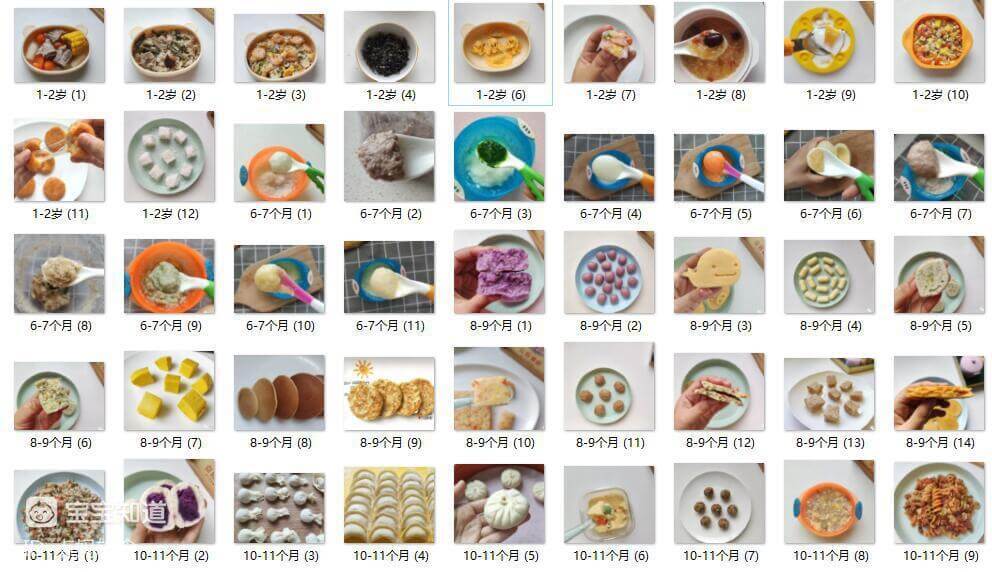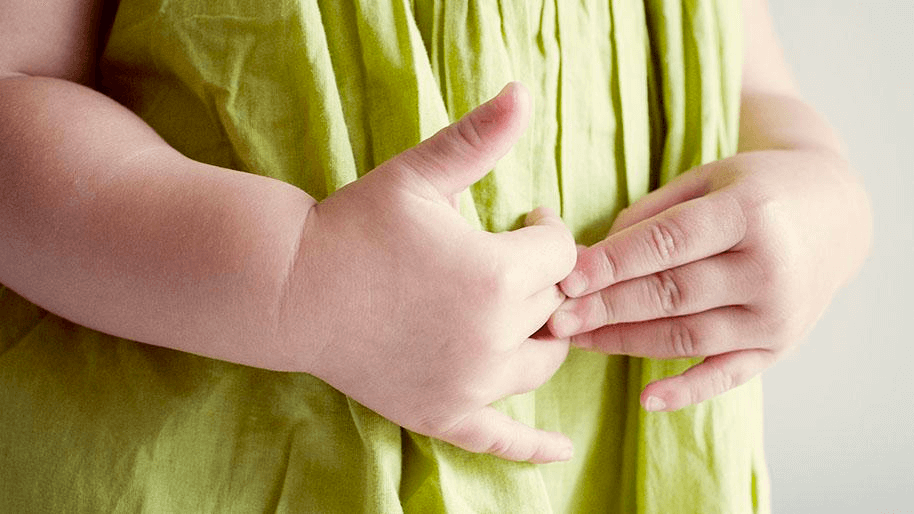
Diarrhea is a common health problem that affects toddlers worldwide. It is characterized by frequent loose or watery bowel movements. While it can be concerning for parents, understanding the causes, symptoms, and proper management of diarrhea can help ensure the well-being and quick recovery of your child.
Causes of Diarrhea in Toddlers:
- Viral Infections: The most common cause of diarrhea in toddlers is viral infections, such as rotavirus or norovirus. These infections spread easily through contaminated food, water, or direct contact with infected individuals.
- Bacterial Infections: Bacteria like Salmonella, Campylobacter, or E. coli can also cause diarrhea in toddlers. These infections are often associated with consuming contaminated food or water.
- Food Intolerances and Allergies: Some toddlers may develop diarrhea due to an intolerance or allergy to certain foods, such as cow’s milk, gluten, or specific fruits.
- Medications: Antibiotics or other medications can disrupt the natural balance of bacteria in the gut, leading to diarrhea in some toddlers.
- Poor Hygiene: Insufficient handwashing or exposure to unclean environments can contribute to the spread of bacteria or viruses, leading to diarrhea.
Symptoms of Diarrhea in Toddlers: Besides frequent loose or watery stools, toddlers with diarrhea may exhibit the following symptoms:
- Abdominal pain or cramps
- Nausea and vomiting
- Fever
- Loss of appetite
- Dehydration (indicated by dry mouth, decreased urine output, or lethargy)
Managing Diarrhea in Toddlers: To effectively manage diarrhea in toddlers, consider the following guidelines:
- Hydration: Encourage your child to drink plenty of fluids to prevent dehydration. Offer water, oral rehydration solutions, and diluted fruit juices. Avoid sugary drinks or caffeine.
- Diet: Provide a bland diet that includes easily digestible foods like rice, bananas, toast, applesauce, and yogurt. Avoid spicy, fatty, or high-fiber foods until the diarrhea subsides.
- Maintain Good Hygiene: Frequent handwashing with soap and water helps prevent the spread of infections. Clean and sanitize toys, surfaces, and diaper-changing areas regularly.
- Seek Medical Attention: If the diarrhea persists for more than a couple of days, if your child has severe abdominal pain or shows signs of dehydration, consult a healthcare professional for proper diagnosis and treatment.
Preventing Diarrhea in Toddlers: Prevention is key in reducing the risk of diarrhea in toddlers. Consider the following preventive measures:
- Vaccination: Ensure your child is up to date with recommended vaccinations, including those for rotavirus.
- Hand Hygiene: Teach proper handwashing techniques to your child and ensure they wash their hands regularly, especially before meals and after using the bathroom.
- Safe Food Handling: Practice safe food preparation and storage to minimize the risk of bacterial contamination. Thoroughly cook meats, wash fruits and vegetables, and avoid cross-contamination.
- Clean Water: Provide clean and safe drinking water for your child. In areas where tap water might be unsafe, opt for boiled or bottled water.
- Breastfeeding: If possible, breastfeeding provides essential nutrients and antibodies that protect against diarrhea and other infections.
Conclusion: Diarrhea is a common concern among toddlers, but with proper understanding and management, it can be effectively addressed. By focusing on hydration, providing a suitable diet, maintaining good hygiene practices, and seeking medical attention when necessary, parents

